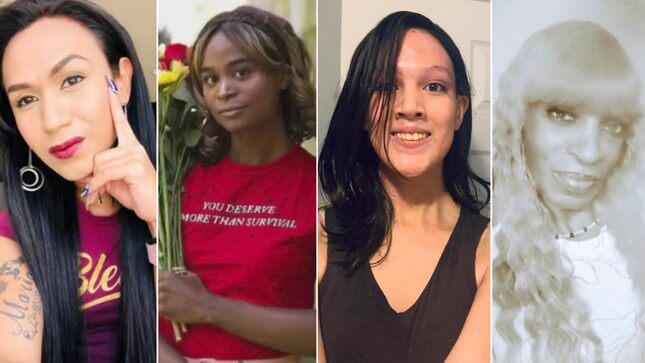Four Trans Women Were Killed or Found Dead This Month Alone
As states ramp up their attacks on trans youth, March has marked a tragic, deadly time for trans women of color.
EntertainmentEntertainment

Since the beginning of March, four trans women—Tatiana Labelle, Paloma Vazquez, Elise Malary, and most recently, Kathryn Newhouse—all of whom were women of color, have reportedly been murdered or found dead in suspicious circumstances at a time when violent attacks on trans people have been on the rise. Already, 2022 has seen at least seven confirmed murders of trans people, People reports. Their tragic deaths come as state legislatures and governments pass bill after bill to dehumanize trans people, rather than protect them from violence.
The number of murders and mysterious deaths of trans women of color this month is alarming. And rather than “focus on getting right to a body count,” Gillian Branstetter, press secretary of the National Women’s Law Center and co-founder of the Transgender Journalists Association, tells Jezebel it’s important to recognize “there’s a lot of violence and trauma you can experience before you’re murdered.”
After 2021 saw the most reported murders of trans people of any year in recent history at 57, Labelle, Vazqez, Malary, and Newhouse can’t just be numbers.
-

-

-

-

-

-

-

-

-

-

-

-

-

-

-

-

-

-

-

-

-

-

-

-

-

-

-

-

-

-

-

-

-

-

-

-

-

-

-

-








































